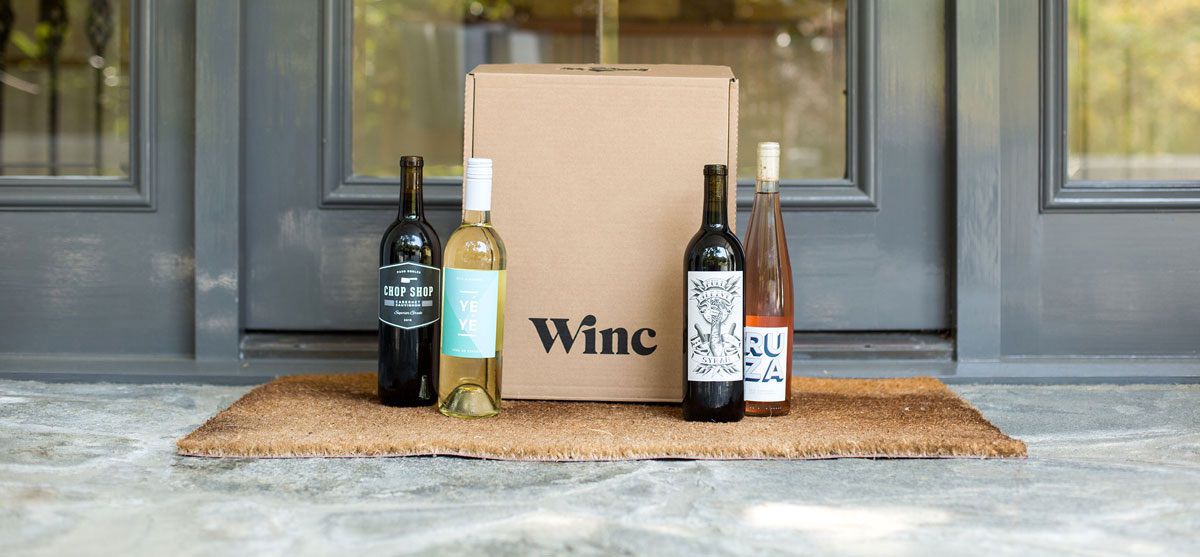Winc files for bankruptcy following declining sales

Almost exactly a year after going public, online wine seller Winc has filed for bankruptcy.
On Wednesday, Nov. 30, Winc filed a Chapter 11, which disclosed the company’s total debts to be about $36.75 million, while its current assets are estimated at $50.3 million. In the bankruptcy filing, Winc disclosed some of its top owed creditors include Meta Platforms and FedEx.
Since launching in 2011, Winc has positioned itself as a modern, data-driven wine club with its own production and distribution operations. That was further elevated by the coronavirus’ lockdowns, when many Americans turned to drinking at-home and online alcohol shopping. The company’s initial public offering was a result of Winc’s pandemic-fueled e-commerce growth, in which revenue spiked 77.5% between the end of 2019 and end of 2020. But the bankruptcy news comes after a rough few quarters for the direct-to-consumer company.
For the third fiscal quarter of 2022, Winc reported a decline in total net revenue, which hit $15.8 million, compared to $18.5 million during the same period the previous year. In particular, Winc was hurt by a decline in revenue from its DTC channel, which was down 22% year-over-year during the third quarter. While Winc has been on a mission to grow its wholesale business over the past few years, wholesale net revenue was nearly flat during the third quarter, at $5.5 million.
Additionally, this year losses continued to mount for Winc after reporting record sales at the height of the pandemic. Net losses for the fiscal third quarter were $4.2 million, compared to net losses of $5.7 million a year ago. Net losses for the second fiscal quarter of 2022 were $4 million, compared to $3.9 million the previous year.
Winc is the latest DTC booze company to face challenges, especially in maintaining the growth that the online alcohol industry experienced in 2020. Earlier this year, aperitif brand Haus shuttered after failing to close a Series A funding round to extend its operation runway. These brands’ trajectories highlight the challenges of selling alcohol online, given the industry is still largely dominated by brick-and-mortar.
Despite gaining 42,000 new club members in March 2020, Winc’s model tried to evolve to focus on more than just DTC sales in the past few years. Still, it wasn’t enough to offset the fact that Winc’s largest channel was DTC, and that it got harder to grow DTC sales as more people went back to buying alcohol in stores.
Ad position: web_incontent_pos1
As co-founder Brian Smith told Modern Retail in March 2020, “we’re seeing a massive adoption and are doing great DTC-wise, but in context this category is still a tiny portion of the overall wine market sales.”

